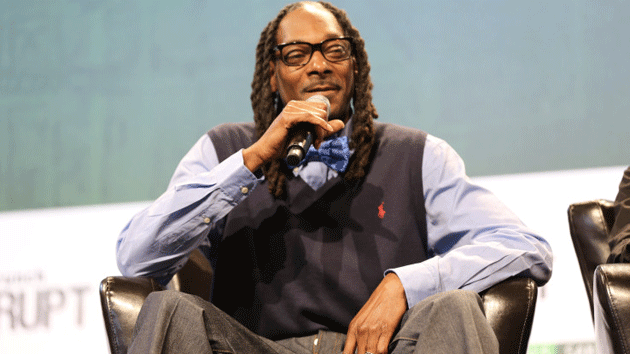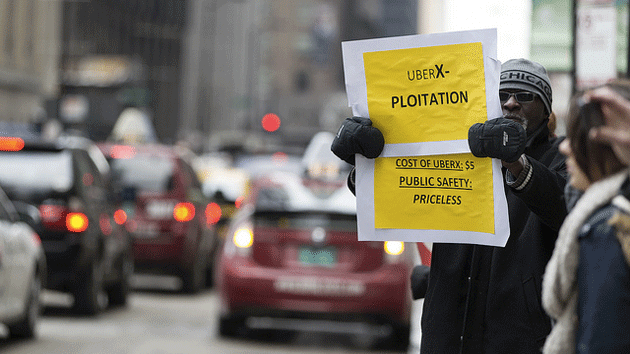
<a href="http://www.shutterstock.com/cat.mhtml?lang=en&language=en&ref_site=photo&search_source=search_form&version=llv1&anyorall=all&safesearch=1&use_local_boost=1&autocomplete_id=&searchterm=airbnb&show_color_wheel=1&orient=&commercial_ok=&media_type=images&search_cat=&searchtermx=&photographer_name=&people_gender=&people_age=&people_ethnicity=&people_number=&color=&page=1&inline=274367297">tanuha2001</a>/Shutterstock
After a series of ads posted throughout San Francisco this week sparked the ire of both city residents and the internet, Airbnb on Thursday issued a company-wide apology to its employees for what many have described as an over the top passive aggressive ad campaign.
CNET reports marketing chief Jonathan Mildenhall said in an email the ads were “fundamentally inconsistent” with the company’s ethos and told employees it would be working with the public organizations it “wronged to make this right.”
“Yesterday I heard from so many of you about how embarrassed and deeply disappointed you were in us,” CEO Brian Chesky also wrote. “You were right to feel this way.”
After aggressively engaging in a long legal battle to avoid paying the city’s 14 percent hotel tax, Airbnb was finally forced to shell out over $12 million in back taxes earlier this year. The ads, which debuted on Wednesday, featured messages directed towards various city agencies, including public libraries and the board of education, that offered suggestions for how each should use the money.
The messages immediately backfired:
Dear Airbnb: if it’s worth $8m to you to beat Prop F, please contribute as much to help build SF affordable housing. pic.twitter.com/hEoWDVQ0er
— Martha Bridegam (@MBridegam) October 21, 2015
Poor @Airbnb libertarians forced to pay tax lash out at public libraries. https://t.co/86udjrpysP Via @substack pic.twitter.com/oQQyl1mtOI
— Aral Balkan (@aral) October 22, 2015
The controversy comes two weeks before California voters will consider Proposition F, a ballot initiative that could significantly restrict the type of short-term rentals that Airbnb makes available in San Francisco.
In a Facebook post, an assistant professor at San Francisco University criticized the company for spending millions to fight the ballot measure.
“I’m happy to hear that you paid your taxes this year. I did too! Isn’t it awesome?,” the post began. “However, had you donated that $8 million you spent fighting Proposition F directly to the public libraries you love so much, that could have made a bigger difference. Oh well. Hindsight is 20/20!”
The outrage also gave way to moments of levity, with internet users creating mock billboards to poke fun of Airbnb’s now-infamous marketing debacle:
@Airbnb pic.twitter.com/5s2hLuaQIh
— Jesse James (@loudgayamerica) October 22, 2015
@Airbnb pic.twitter.com/ys4J7jVTvx
— Jesse James (@loudgayamerica) October 22, 2015
















